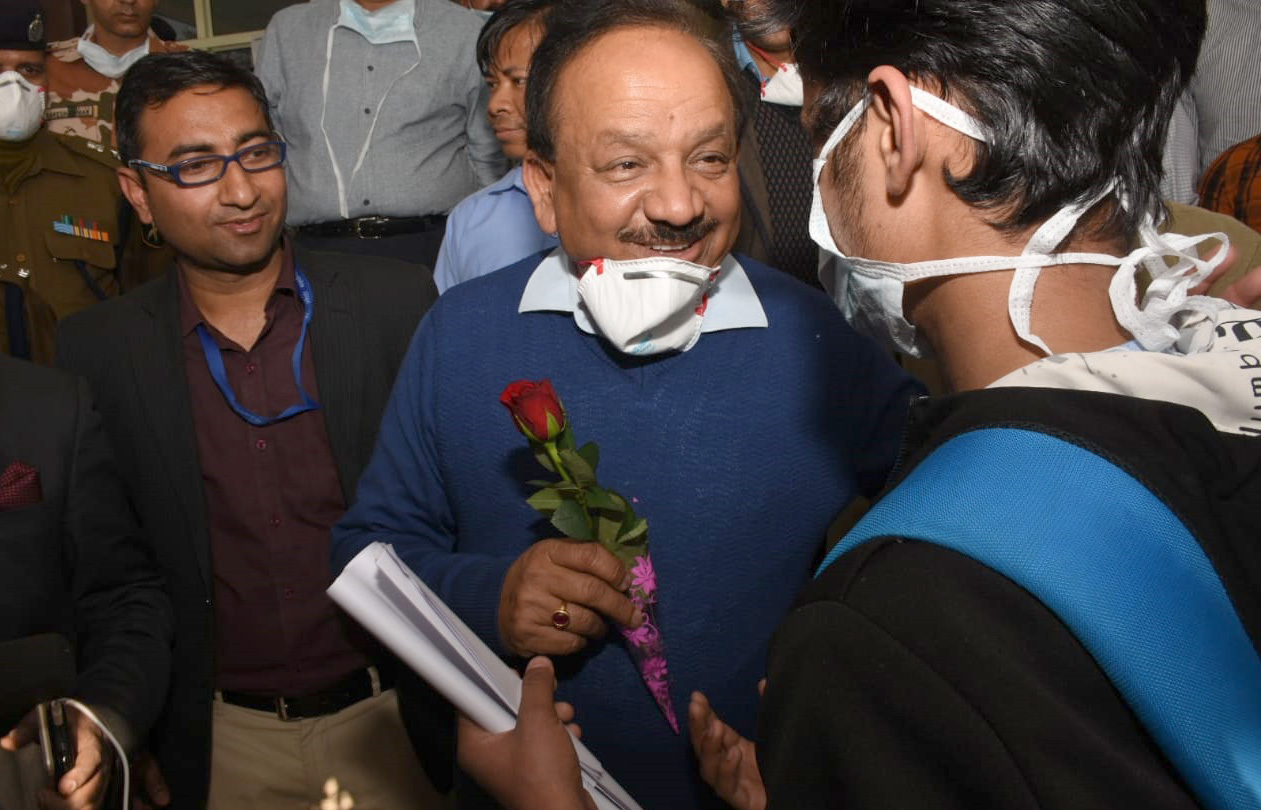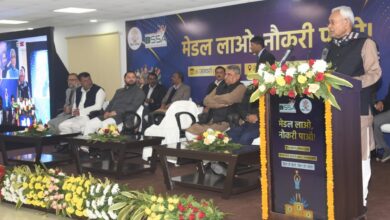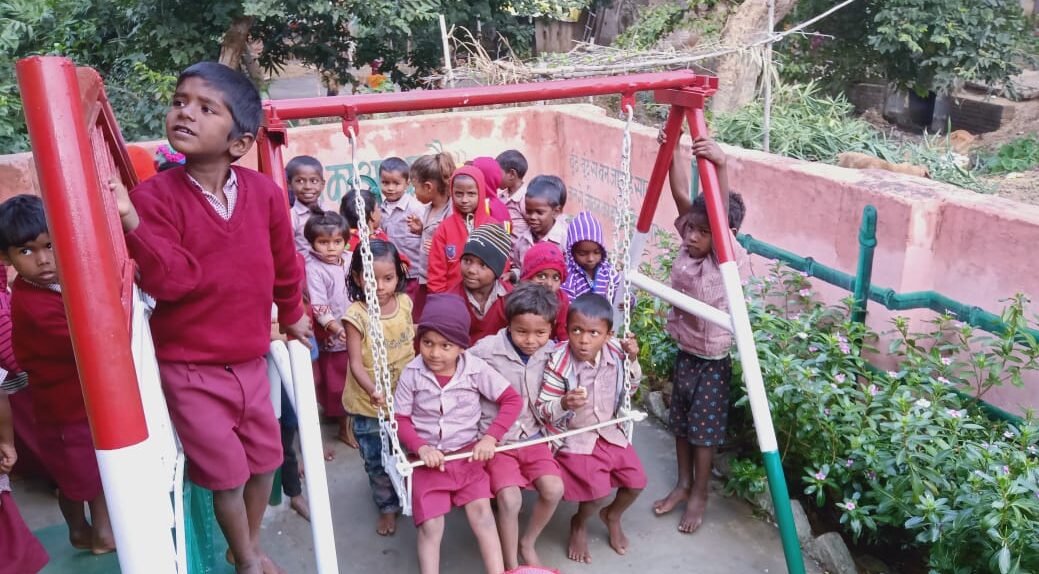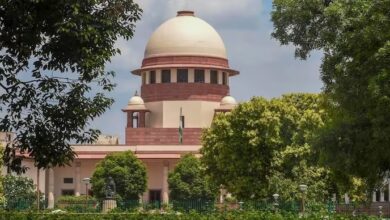How is India dealing with Coronavirus pandemic

By Team BiharConnect
The government of India led by Prime Minister Narendra Modi has taken pre-emptive, pro-active and graded measures to deal with Coronavirus, or COVID-19 outbreak. Most state governments have also been proactive to deal with this global pandemic.
The government action started from limiting international travel by suspending visas and quarantining suspected travellers to curbing domestic passengers movement and now the complete lockdown.
Here is a chronology of the decisions taken by the government so far to deal with the Coronavirus outbreak:
17th January – Advisory issued to avoid travel to china
18th January – thermal screening of passengers from China and Hong Kong
30th January – strong advisory issued to avoid travel to China.
3rd February – e-Visa facility suspended for Chinese citizens.
22nd February -Advisory issued to avoid travel to Singapore; Universal screening for flights from Kathmandu, Indonesia, Vietnam and Malaysia.
26th February – Advisory issued to avoid travel to Iran, Italy and Republic of Korea. Passengers coming from these countries to be screened , and may be quarantined based on screening and risk assessment.
3rd March: Suspension of all visas for Italy, Iran, South Korea, Japan and China; Compulsory health screening for passengers arriving directly or indirectly from China, South Korea, Japan, Iran, Italy, Hong Kong, Macau, Vietnam, Malaysia, Indonesia, Nepal, Thailand, Singapore and Taiwan.
4th March: Universal screening of all International Flights. Quarantine or isolation at home or sent to hospital based on screening and risk profile
5th March: Passengers from Italy or Republic of Korea need to get medical certificate before entry
10th March, Home isolation: incoming international passengers should self-monitor health and follow govt. Dos and Don’ts: passengers with travel history to China, Hong Kong, Republic of Korea, Japan, Italy, Thailand, Singapore, Iran, Malaysia, France, Spain and Germany to undergo home quarantine for a period of 14 days from the date of their arrival
11th March: Compulsory Quarantine- Incoming travellers (including Indians) arriving from or having visited China, Italy, Iran, Republic of Korea, France, Spain and Germany after 15th February, 2020 shall be quarantined for a minimum period of 14 days.
16, 17, 19 March- Comprehensive advisory:
16 March
Expanded compulsory quarantine for travellers from or through UAE, Qatar, Oman, and Kuwait for a minimum of 14 days.
Travel of passengers from member countries of the European Union, the European Free Trade Association, Turkey and United Kingdom to India totally prohibited
17th March
Travel of passengers from Afghanistan, Philippines, Malaysia prohibited
19th March
All Incoming international flights suspended, with effect from 22nd March
25th March: extension of suspension of all incoming International Flights to India extended till 14th April 2020
With evolving global spread of disease, not only travel advisories were revised, but airport screening was also expanded to all airports.
After being screened by health authorities at the airports, passengers were quarantined or sent to hospitals, based on risk assessment by health authorities. Details of even those who were cleared by health authorities were shared with the state government authorities so that they can be kept under the surveillance of their respective state/UT governments for the required number of days.
Screening of passengers took place at 30 airports, 12 major and 65 minor pots and at land borders. Over 36 lakh passengers have been screened.
The statement that ‘prosperous Indians’ were allowed to return without screening, is preposterous. The government took swift action to put in a place a comprehensive and robust system of screening, quarantine and surveillance are part of its robust response to the public health crisis right from the beginning. This covered every traveller, Indians returning after business, or tourism, students as well as foreigners.
“State governments have been regularly requested to maintain and further improve upon this surveillance so that the coverage is complete and there are no gaps. A meticulous system has enabled states to track down individuals who tried to avoid surveillance or who did not follow quarantine measures,” the Ministry of Information and Broadcasting said in a statement.
“The commitment from Indian government, the Prime Minister’s Office has been enormous, very impressive. It is one of the reasons why India is still doing quite well. I am very impressed that everyone has been mobilised,” Henk Bekedam, WHO Representative to India, has said while reacting on the Indian government’s response to the coronavirus pandemic.




